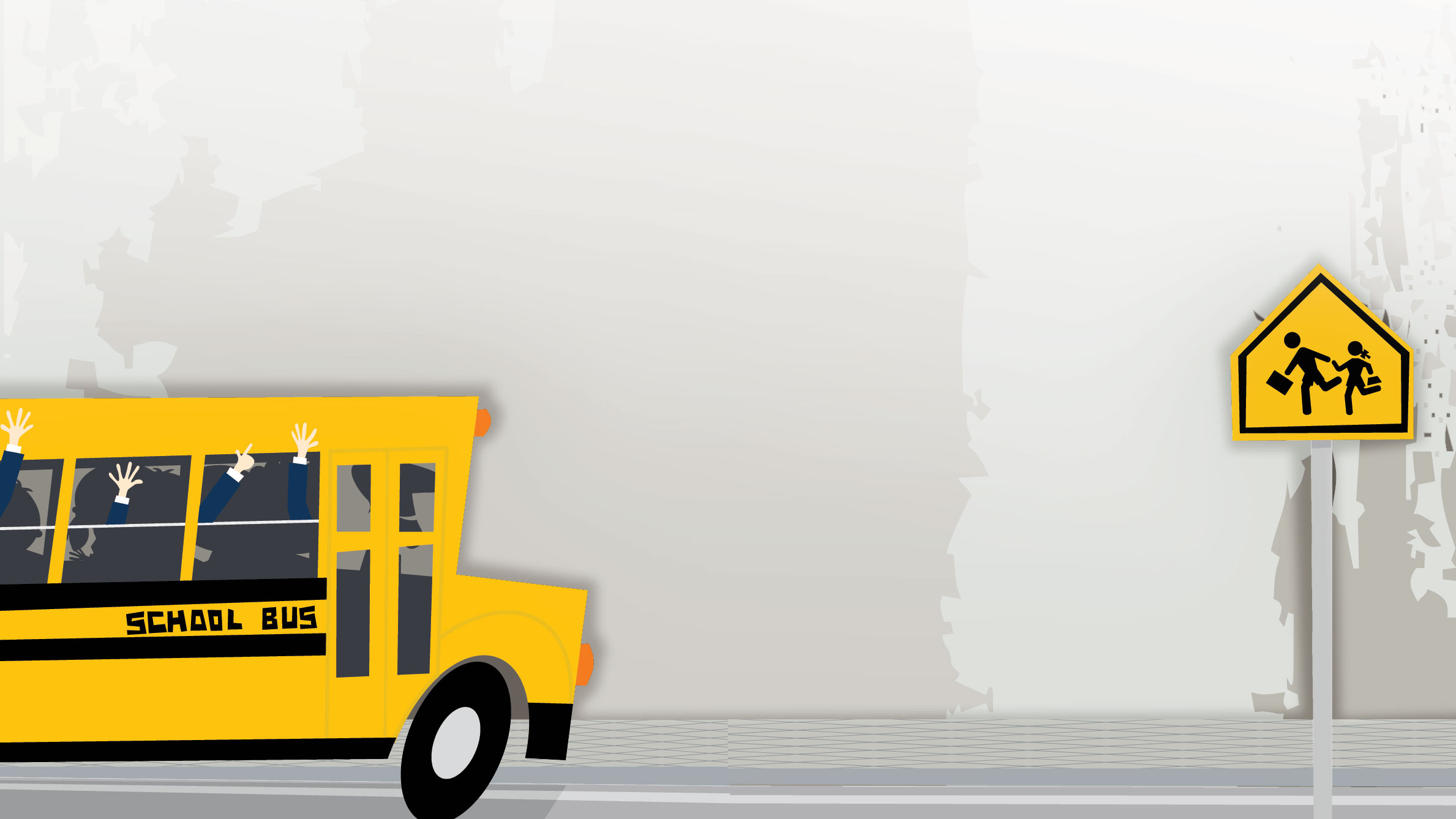
Well, it seems I’m a member of the club, broadly speaking. After more than 20 years of writing for boards, hanging out with boards, and researching boards, and after even more years of resolutely having no board affiliations (except for my ex officio role at the churches I serve), I’ve been appointed to the board of my son’s charter school.
It’s a different world than theological education, of course. For one thing, since charter schools are public, I have found myself swearing to uphold the constitution of the Commonwealth of Pennsylvania.
Note to self: Put that on the reading list.
I’d been asked before but had replied with a polite but solid “no.” I like the school a lot, but I’m not a true believer in some of its practices. When my son enrolled, after six years of homeschooling, I told him, “This is your experiment. You can quit when you want.”
I am, however, a true believer in educational alternatives in a place where the public schools are broken and parochial schools are dwindling. Around there, it’s tough for educators. A local administrator, when asked about his school’s abysmal statistics, rather unguardedly replied, “Look what I have to work with!”
So when the charter school asked again, I said “yes.” I was sure of my decision, but I wasn’t sure what tipped the scales.
And then I attended a meeting that had nothing to do with the school. Our church hosted a committee focusing on ministries in Appalachia. I’d been at the previous meeting, and as the minutes were read, I was reminded of what my bishop had said then: Centers of hope, he said, might not be church buildings, but they are places where God’s work is done. What I hadn’t remembered until I heard the minutes was the next thing the bishop said: Leaders are vitally important — leaders who love their communities and the people in them.
But when I heard that, I knew. That’s why I’m on the board.
I love Gillingham Charter School, and I’m loving it more as time goes on. But more than that, I love the community it serves. That’s why I signed on.
That is, I’m sure, a no-brainer for those of you who sit on boards of seminaries that serve the church. Being on a board, like so much of life, is about learning how to love.
And truly loving requires truly knowing — knowing the community from more than one angle. I know Gillingham as a parent, as a volunteer, and as a regular at the coffee hours that are opportunities for public discussion. Soon, I may be a part-time volunteer teacher. And now, of course, I’m a board member.
Do I agree with every action taken by the administration? No. Uniforms, teacher contracts renewed and unrenewed — I have my disagreements. Do I have some sense of why those actions were taken? More and more, as time goes by.
I know the larger community, our town, rather better. Am I crazy about everything I know? No. Every personality I’ve encountered? I’m working on that one. But do I understand the backstory? Yes, mostly.
Loving a community also means being there. That’s a challenge for board members who live a great distance from campus, although it can be mitigated if they are deeply present during those few times when they are physically on site. I still remember the awe I felt as a student when a board member spent the night with us in the dorm, staying up late to chew the fat. When is the last time you shared a coffee with someone who works behind the scenes — and knows your school like you never will?
Loving a community means holding it in prayer — and you can do that wherever you are. There’s more, and we all have much to learn. Love looks for that.